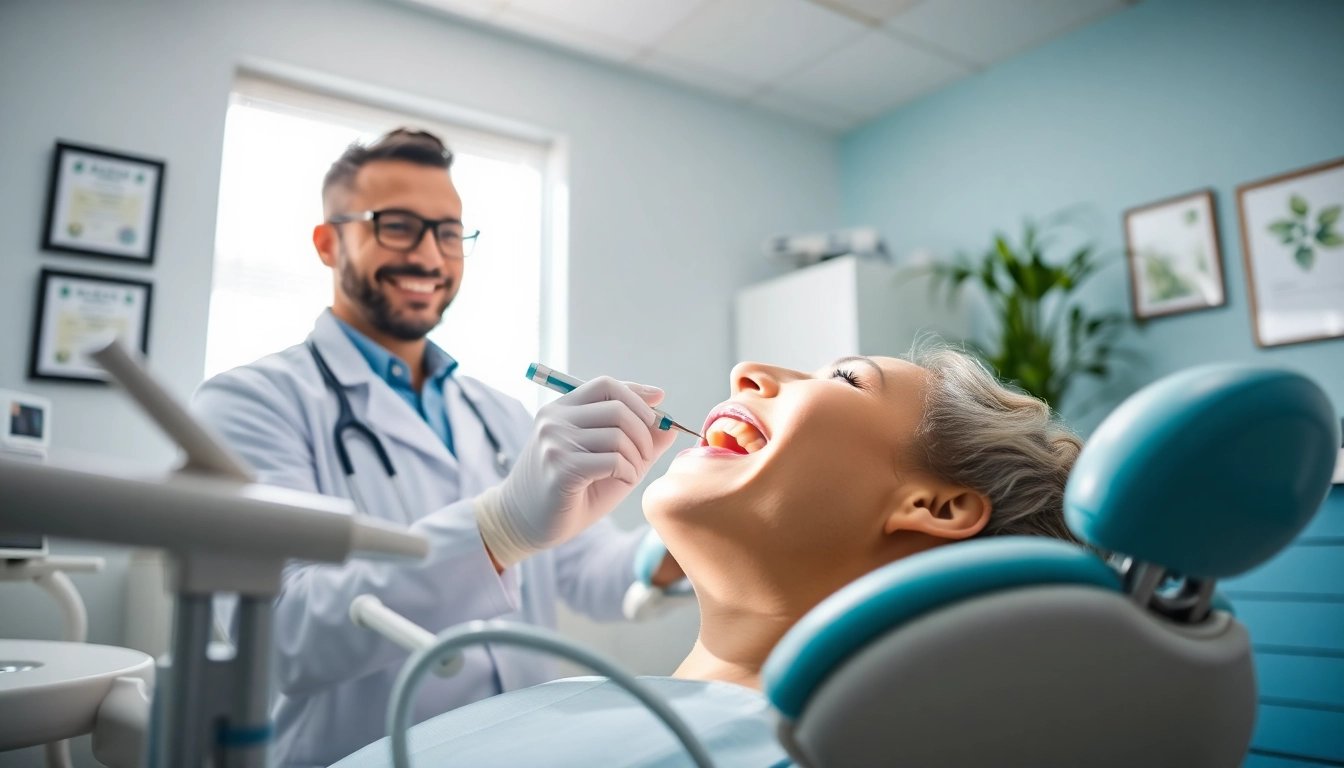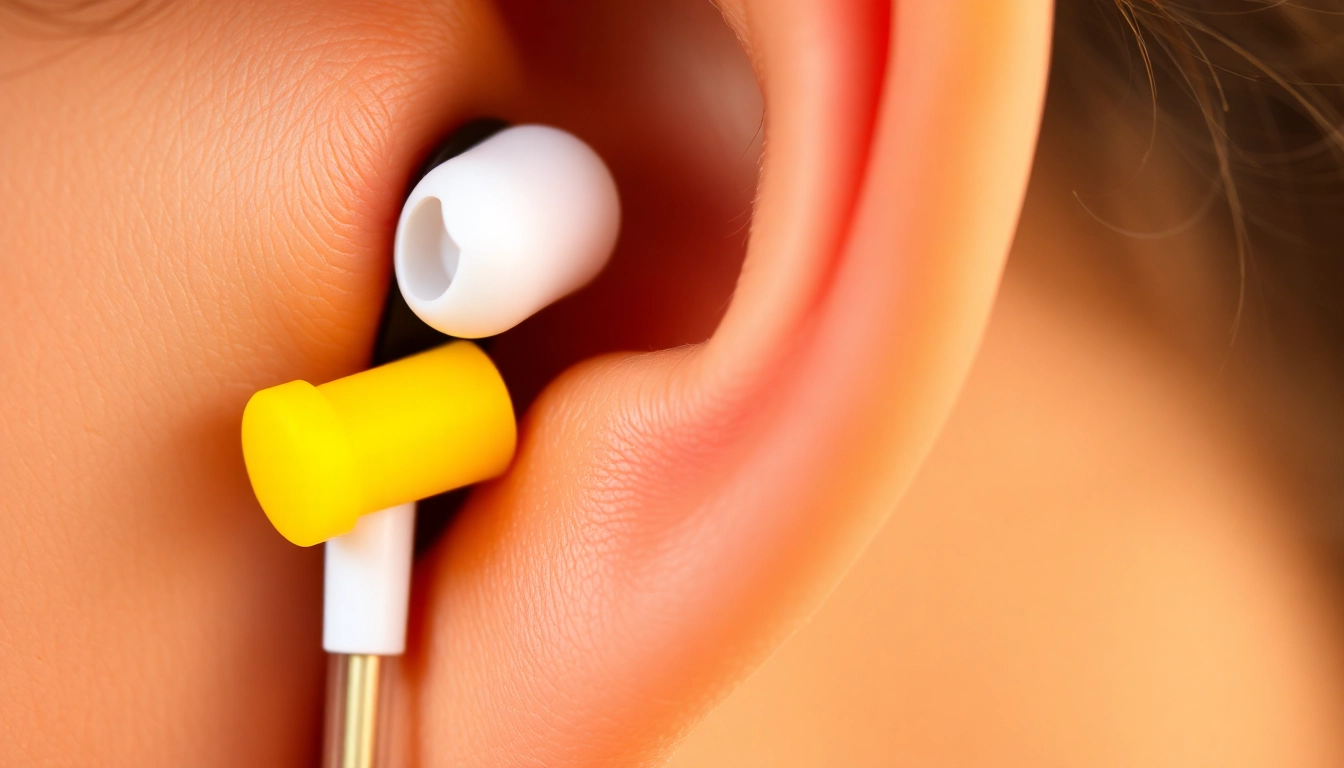Understanding the Importance of Checkups
Regular checkups are a cornerstone of preventative healthcare, providing the opportunity to spot and address issues before they escalate. Particularly in the context of dental health, checkups play a fundamental role in maintaining not just oral hygiene but overall wellbeing. Despite their importance, many individuals overlook these essential appointments, often underestimating their value. This article seeks to elucidate why regular checkups are essential, what you can expect during your visits, and how to best prepare for them.
What Are Dental Checkups?
Dental checkups are routine examinations conducted by a dentist to assess the health of your teeth and gums. Typically scheduled every six months, these visits are intended not only for the cleaning of teeth but also for early detection of potential problems, such as cavities, gum disease, or oral cancer. During a dental checkup, dentists utilize professional tools and techniques to thoroughly evaluate your mouth’s condition. These appointments are preventive, meaning they aim to avoid more severe health issues in the future, effectively saving time, money, and discomfort.
Why Regular Checkups Are Essential for Health
The significance of regular dental checkups extends beyond just oral health. Research suggests that poor dental health is closely linked to systemic conditions such as heart disease, diabetes, and respiratory issues. By maintaining routine checkups, patients can benefit from the following:
- Preventative Care: Regular exams help catch problems like tooth decay and gum disease early.
- Early Diagnosis: Conditions like oral cancer can be detected in their initial stages, increasing treatment success rates.
- Professional Cleanings: Bacteria and tartar buildup can lead to infections and decay, but cleanings help mitigate these risks.
- Educational Opportunities: Dentists provide guidance on oral hygiene, nutrition, and lifestyle choices that benefit overall health.
Common Myths about Checkups Debunked
Many people harbor misconceptions about dental checkups that can deter them from seeking essential care. Some of the most common myths include:
- Myth 1: “If my teeth don’t hurt, I don’t need a checkup.”
Reality: Many dental issues develop without pain; regular checkups help catch these silently progressing problems. - Myth 2: “Checkups are a waste of time.”
Reality: The time invested in preventative care can save hours of treatment down the road. - Myth 3: “Only children need checkups.”
Reality: Oral health is vital at all ages. Adults need checkups just as much, if not more, to maintain overall health.
The Checkup Process Explained
What to Expect During Your Visit
When you arrive for a dental checkup, expect a structured process that typically includes the following steps:
- Initial Consultation: A brief discussion of any current concerns or symptoms you may have.
- Medical History Review: Updating your medical history, including any medications or health conditions.
- Dental Examination: The dentist will examine your mouth, jaw, and gums, checking for signs of decay, disease, and other problems.
- X-rays: Necessary imaging may be taken to evaluate underlying issues that are not visible during the examination.
- Cleaning: A dental hygienist usually performs a cleaning, which involves plaque and tartar removal and polishing your teeth.
- Follow-up Plan: Discussion of any necessary treatments based on findings during the exam.
Key Areas Dentists Evaluate During Checkups
A thorough dental examination involves a meticulous inspection of several key areas, including:
- Gums: Checking for signs of inflammation, bleeding, or gum disease.
- Teeth: Evaluating each tooth for cavities, decay, and overall integrity.
- Jaw and Bite: Assessing the alignment of your bite and the condition of your jaw joint (TMJ).
- Soft Tissues: Examining the tongue, inside of the cheeks, and the roof of your mouth for abnormalities.
Importance of X-rays and Other Tests
X-rays are vital diagnostic tools that allow dentists to view areas not visible during an oral examination. These images can uncover hidden cavities, assess bone loss around teeth, and detect dental abscesses. While often a source of concern due to radiation exposure, the benefits of using X-rays to prevent more severe health issues are significant. Dentists use digital X-rays to minimize exposure and improve diagnostic accuracy.
Benefits of Regular Checkups for Families
Creating a Routine for Children’s Checkups
Establishing a routine for children’s dental checkups not only promotes their oral health but also instills habits that can last a lifetime. The American Academy of Pediatric Dentistry recommends that children visit a dentist by their first birthday or within six months of their first tooth’s emergence. Making dental checkups a family habit helps children view these visits positively, reducing anxiety about future appointments.
How Regular Checkups Can Save You Money
While the cost of dental checkups may seem like an expense, they can save money in the long run. By preventing cavities and gum disease, families can avoid the far more significant expenses of extensive dental treatments and emergency procedures. Additionally, many dental insurance plans include preventive care at no or low cost, further emphasizing the financial wisdom of adhering to regular checkup schedules.
The Connection Between Oral and Overall Health
The mouth is often considered a window to the body, with oral health directly influencing overall health. Conditions such as diabetes, heart disease, and respiratory illnesses all show correlations with poor dental health. Regular dental checkups serve as preventive measures that can help detect and mitigate these systemic issues, enhancing your family’s collective health.
Preparing for Your Dental Checkup
Questions to Ask Your Dentist
Preparation for a dental checkup includes formulating questions you may want to address during your appointment. Examples of practical questions include:
- What can I do at home to improve my dental hygiene?
- Are there specific products you recommend for my dental needs?
- How often should I schedule my next checkup?
- What symptoms should I watch for between visits?
Tips for Reducing Anxiety Before a Checkup
For many, dental anxiety can be a barrier to attending necessary checkups. Here are strategies to reduce pre-appointment jitters:
- Communication: Let your dentist know about your anxiety so they can accommodate your needs.
- Practice Relaxation: Techniques such as deep breathing or progressive muscle relaxation can help you feel calm.
- Distraction: Consider bringing along music or an audiobook to listen to during your appointment.
How to Prepare Your Child for Their First Checkup
Preparing a child for their first dental checkup is crucial for reducing anxiety. Here are some effective strategies:
- Introduce the Dentist: Read books or watch videos featuring friendly dental visits.
- Explain the Process: Clearly describe what will happen during the visit but focus on the positive aspects.
- Make it Fun: Use playful language and emphasize that the visit could lead to cool rewards like stickers or toys.
After the Checkup: Next Steps
Understanding Your Dentist’s Recommendations
After your checkup, the dentist will provide recommendations based on their findings. It’s essential to engage with these suggestions actively. Follow-up treatments may be recommended based on your level of oral health. This could include additional cleanings, sealants, or fluoride treatments, aimed at strengthening your teeth and preventing decay.
How to Maintain Oral Health Between Checkups
Maintaining oral health between checkups is crucial for long-term success. Key practices include:
- Brushing twice daily with fluoride toothpaste.
- Flossing at least once a day to remove plaque between teeth.
- Limiting sugary and acidic foods and beverages that contribute to decay.
- Staying hydrated and practicing good oral hygiene habits.
Importance of Follow-up Visits
Sometimes, follow-up visits may be necessary, especially if your dentist identifies issues that require further attention. These should never be overlooked, as delaying treatment can lead to more severe health problems and costly repairs. Consistent and proactive dental visits enhance your chances of a healthier mouth well into the future.



